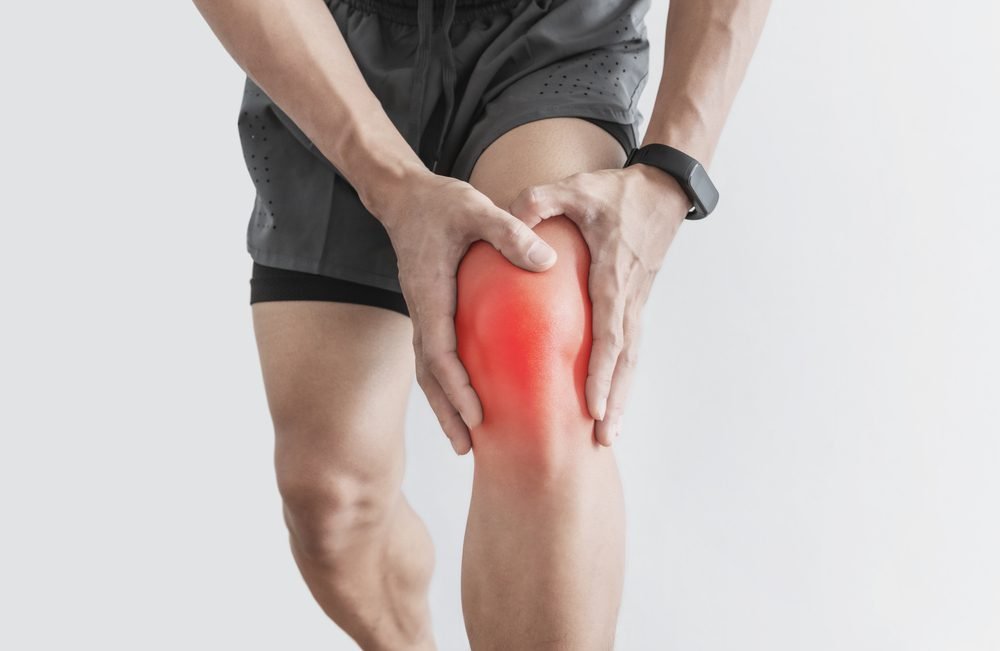The Essential Role of Physical Therapy in Knee Replacement Surgery Prehab and Rehab
Knee replacement surgery is a transformative procedure for individuals grappling with chronic knee pain and limited mobility. While the surgery itself is a pivotal step towards a pain-free life, the key to long-term success lies in the comprehensive care patients receive both before and after the procedure. Physical therapy plays a crucial role in maximizing outcomes through prehabilitation (prehab) and rehabilitation (rehab). Here we'll delve into the essential contributions of physical therapy in enhancing the overall success of knee replacement surgery.
Understanding Prehabilitation: Setting the Stage for Success
Prior to knee replacement surgery, patients can benefit significantly from prehabilitation – a proactive approach focused on strengthening the supporting structures of the affected joint and optimizing overall physical health. Physical therapists collaborate closely with patients to craft prehab programs tailored to their unique needs. By incorporating targeted exercises, flexibility training, and cardiovascular conditioning, prehab aims to:
Enhance muscle strength: Strengthening the muscles surrounding the knee joint is crucial for providing support and stability.
Improve range of motion: Prehab helps increase flexibility, making it easier for patients to regain full movement post-surgery.
Boost cardiovascular health: Engaging in cardiovascular exercises improves overall fitness, promoting a speedier recovery.
Post-Surgery Rehabilitation: A Path to Full Recovery
Following surgery, the focus shifts to rehabilitation, where physical therapy becomes even more critical. The rehabilitation phase typically commences shortly after surgery and continues for 3 to 4 months. Physical therapists guide patients through a carefully designed regimen that includes:
Progressive exercises: Tailored exercises are gradually introduced to rebuild strength and endurance.
Gait training: Learning to walk properly with the new joint is a key aspect of rehab, ensuring a natural and efficient gait pattern.
Pain management: Physical therapists employ various techniques to manage post-operative pain, facilitating a smoother recovery.
Monitoring progress: Regular assessments help therapists adjust the rehab plan according to the patient's progress, ensuring optimal outcomes.
Physical therapy for knee replacement surgery extends beyond exercises, embracing a holistic approach that addresses all aspects of recovery. Techniques such as manual therapy, targeted exercises, and patient education play a pivotal role in providing a well-rounded rehabilitation experience.
Manual therapy: Hands-on techniques help improve joint mobility, reduce swelling, and alleviate pain.
Targeted exercises: Customized exercises focus on specific muscle groups, bringing patients closer to regaining full functionality.
Patient education: Informing patients about self-care, home exercises, and lifestyle modifications empowers them to actively participate in their journey towards optimal recovery.
In the pursuit of regaining optimal functionality and enjoying a pain-free life after knee replacement surgery, physical therapy is the guiding force. From prehabilitation to post-surgery rehabilitation, the expertise of physical therapists ensures a comprehensive and personalized approach to recovery. By incorporating targeted exercises and a holistic repertoire of techniques, physical therapy plays a pivotal role in maximizing the success of knee replacement surgery. Embrace the transformative power of physical therapy and take the first steps towards a stronger, more mobile future.
About Physiologic Physical Therapy
At Physiologic Physical Therapy, we offer evidence-based, specialized treatment for various conditions. If you are having recurrent pain, discomfort, or issues with specific body parts, talk to your doctor about seeing a physical therapist. We help guide our patients through their physical therapy journey. Learn more about the services we provide at Physiologic Physical Therapy clinic in Aledo, TX.
